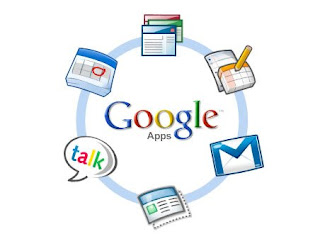
Everyone likes to get things for free, and free computer applications and software are no exception. So, what sorts of computer applications can you get for free? A whole bunch of them! So many so that I will only be able to barely scratch the surface of the offerings.
Google, the king of free applications, offers everything from free maps, email, calendars, blog space, and a ton more. The nice thing about their applications is that they are from a well known and trusted source, and that many of the applications can be tied together with other applications for ease of use (for example - GMail and Google Calendar).
There are also free, open source applications such as those offered by Mozilla. The most popular of which is the Firefox web browser. Firefox offers a solid browser that has many free applications users can add for a customizable web surfing experience.
Most people are familiar with Google and Firefox though. So, what other types of free software are available? There are free anti-malware programs such as Panda Cloud Antivirus Free Edition, free file transfer and sharing such as Bit Torrent, free office programs like Google Docs, and so very much more. PC Magazine recently had an article titled "The Best Free Software of 2010" that showcases some of the best free software that is available today. It includes everything from maps, conferencing, file sharing, security, networking, video, and quite a bit more.
Of course, as with anything that you put onto your computer, it is always a good idea to be careful with what you download. For every great free program, put out there by a trustworthy source, there are always the scores of others that will damage your computer, add spyware, or in some other way be dangerous or annoying. It's always best to do a little research first, and know what you are getting yourself into.



